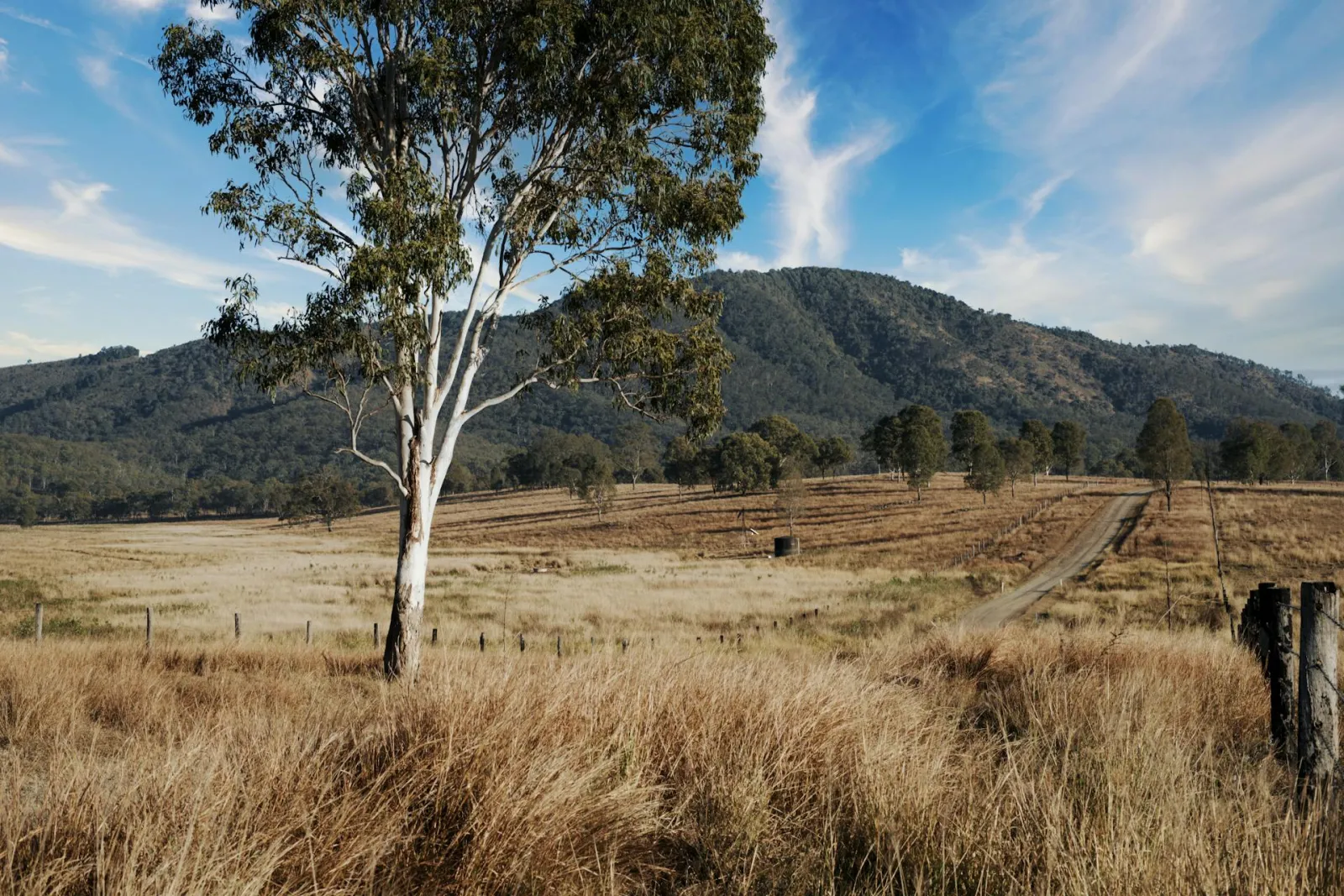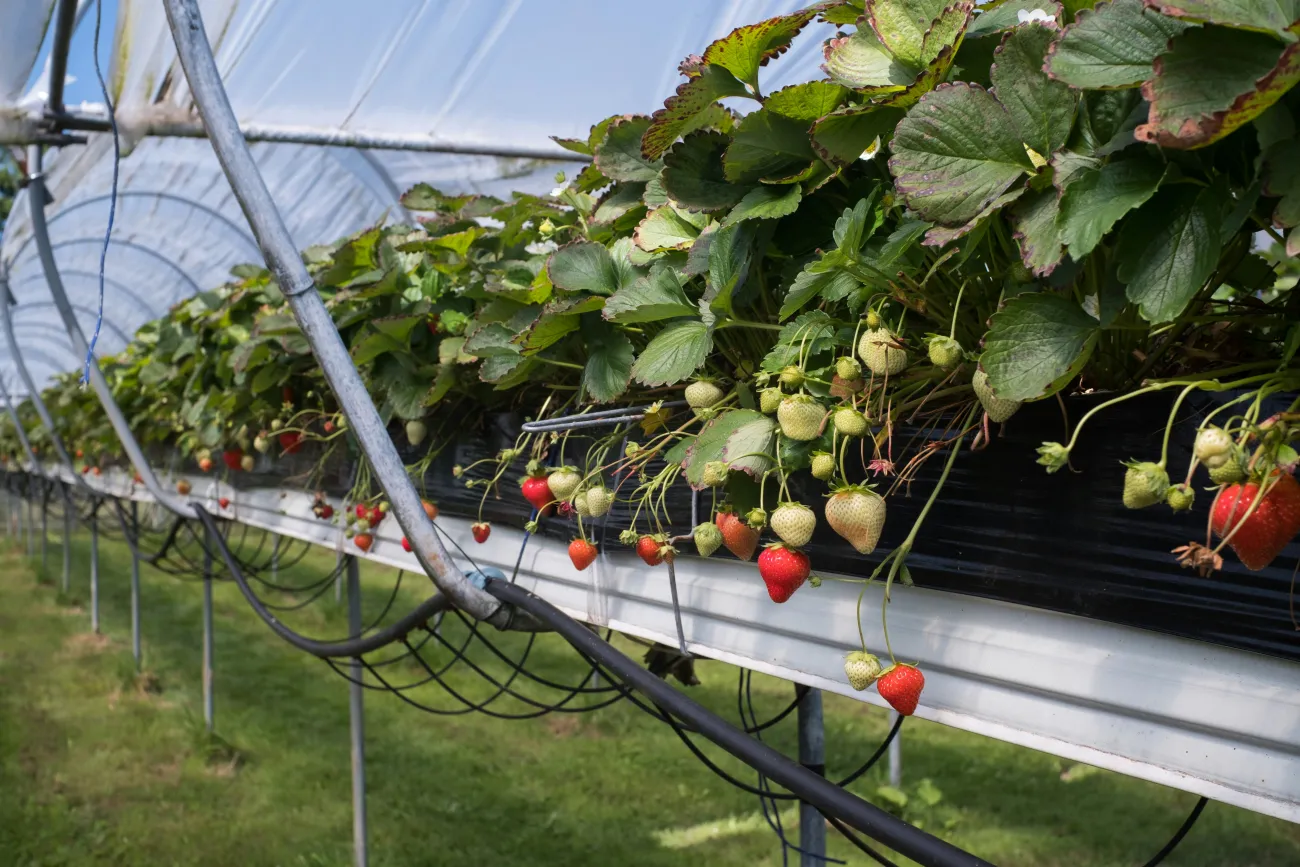This study argues that despite minimal explicit government support for regenerative agriculture in Australia, policymakers are positive about the potential environmental and economic benefits. It finds that economic factors are driving the growth of regenerative agriculture, in line with Australia’s neoliberal policy setting.
Abstract
‘Regenerative agriculture’ is attracting increasing attention as a farming approach which could rejuvenate agricultural landscapes and support farmer wellbeing. However, regenerative agriculture's popularity in neoliberal economies such as Australia remains under-interrogated in terms of how this political-economic context might influence the adoption of regenerative practices. Furthermore, research on regenerative agriculture has largely focussed on individual farmer motivations for adopting regenerative agriculture and has failed to capture policymaker perspectives on the movement. Our research addresses these gaps by exploring the drivers of regenerative agriculture's growth in Australia based on 38 semi-structured interviews with policymakers and farmers. We then consider how policy settings have influenced these drivers through a content analysis of 244 documents related to regenerative agriculture from Australian governments. Our results highlight that while there is minimal explicit support among policymakers and institutions for regenerative agriculture, they remain enthusiastic about the economic and environmental co-benefits regenerative agriculture practices could provide, and capitalising upon them through nature markets. Our findings also demonstrate that economic factors are the primary driver of the growth of regenerative agriculture in Australia. In contrast with studies that emphasise eco-centric motivations for regenerative agriculture, our findings highlight how Australia's neoliberal policy setting is extending the commodification of nature and embedding extractivist, as opposed to reciprocal, human-nature value relations in the movement. We conclude with a discussion on how policy support based on principles of environmental stewardship and reciprocal relationality could instead sustain regenerative agriculture's growth without a reliance on economic incentives as a driver of change.
Reference
Anja Bless, Federico Davila, Roel Plant: Commodification and co-benefits: Neoliberalism and the growth of regenerative agriculture in Australia, Journal of Rural Studies, Volume 118,
2025, 103692, ISSN 0743-0167, https://doi.org/10.1016/j.jrurstud.2025.103692.
Read more here.




Comments (0)